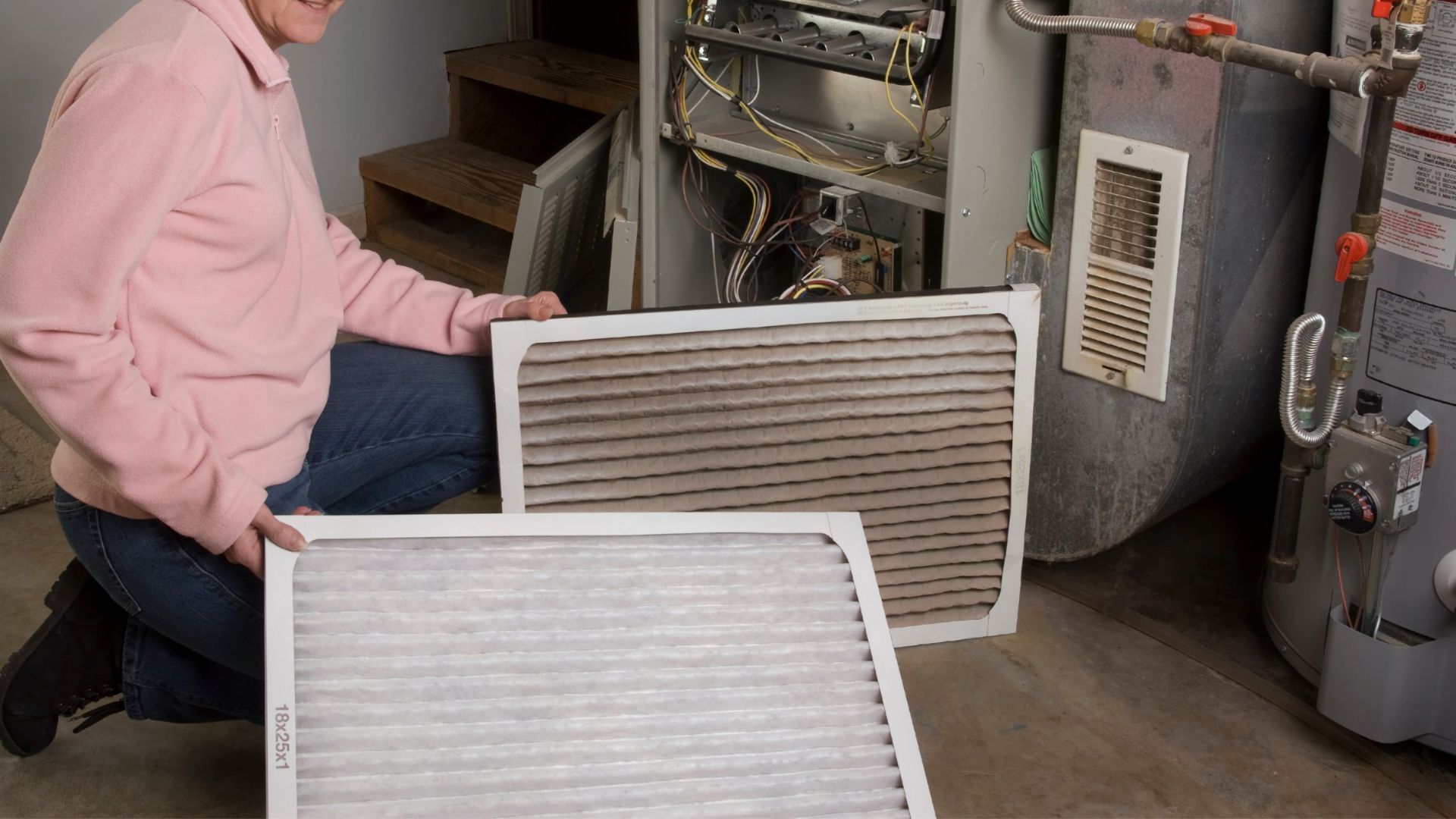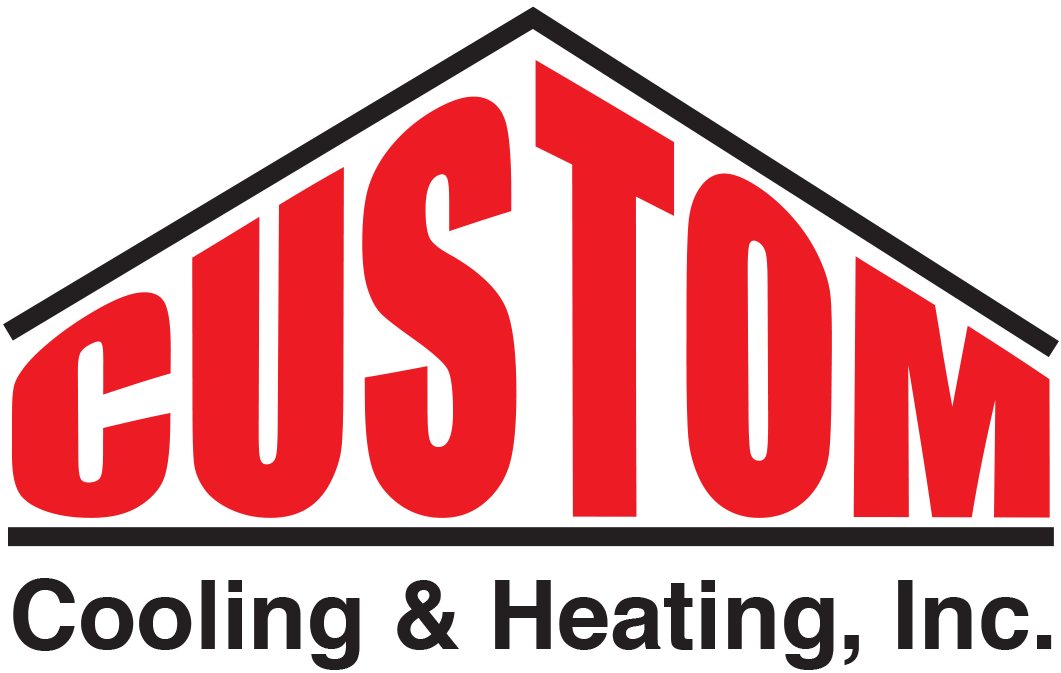What is an HVAC System? How Does it Improve My Home?
Ever felt like your house is stuck playing hot potato with the weather? Maybe it’s blazing in the summer, chilly in the winter, or even both? That's where a trusty HVAC system comes in, keeping your home comfortable year-round. But exactly what is an HVAC system, and how does it work its magic? Buckle up, because we're about to turn you into a home climate champion!
7 Ways an HVAC System Improves Your Home
- Breathe Easy with Freshly Circulated Air
- Banish the Blues with Temperature Control
- Good Riddance to Humidity!
- Sleep Like a Baby (Without Sweating)!
- Protect Your Home
- Energy Efficiency for Our Planet and Your Wallet
- Preserve Your Peace of Mind

1. Breathe Easy with Freshly Circulated Air
Imagine your house as a big lung (hang with us). It needs fresh air to stay healthy, and that's where an HVAC’s ventilation kicks in. This system acts like a giant pair of bellows, constantly pushing out stale air while pulling in fresh air from outside. This helps your home smell pleasant, experience fewer pollutants and allergens, and experience a healthier environment.
2. Banish the Blues with Temperature Control
Nobody enjoys feeling like a snowman in the winter or a sweaty mess in summer. With an HVAC system, you're the thermostat king or queen, calling the shots and controlling the perfect indoor temperature. This works through two methods:
- The Heating Unit: Often a furnace or heat pump, your heating acts like a personal fire pit, warming the air that circulates throughout your home.
- The Cooling Unit: Normally an air conditioner, this super-powered sweat rag removes heat from the air and leaves you feeling nice and cool.
3. Good Riddance to Humidity!
Does your home feel like a humid, tropical day in the middle of the Summer? Depending on the season, an uncontrolled HVAC system can leave your home feeling like a Florida swamp or a Nevada desert. Here's the secret weapon: humidity control. A great HVAC system can adjust the temperature and manage the amount of moisture in the air. You can even say goodbye to that random stuffy nose in the summer or consistently itchy skin in the winter.
4. Sleep Like a Baby (Without Sweating)!
A comfortable temperature is crucial for a good night's sleep. Too hot, and you'll be tossing and turning. Too cold, and you'll be shivering under a mountain of blankets. Your HVAC system cultivates and maintains a consistent, comfortable temperature throughout the night and day. This allows you to peacefully drift off and wake up refreshed, ready for what the next day holds.
5. Protect Your Home
While a security system may guard your house, a great HVAC system silently protects your home. Extreme temperatures can wreak havoc on your house, leading to cracked walls, warped wood, and damaged electronics. Maintaining a stable temperature can prevent these expensive problems, save you money, and preserve your home.
6: Energy Efficiency for Our Planet and Your Wallet
Who doesn't love saving money? Modern HVAC systems are designed to be energy-efficient, helping you use less power to reach your preferred temperature. This translates to lower energy bills and a smaller carbon footprint – a win-win for your wallet and the environment!
7. Preserve Your Peace of Mind
There's a certain comfort in knowing your home is a haven, a place where you can relax and feel at ease. A well-maintained HVAC system ensures year-round comfort, eliminating some stresses from battling the elements, hosting a party, getting a much-needed night of sleep, and so much more! Come rain, sun, or snow, your home will always be a comfortable haven for you and the people you care about!
What is the Best Way to Get a New HVAC System?
Now that you're a home climate champion, you must keep your trusty HVAC system running smoothly. Regular maintenance is key to keeping that optimal performance, preventing costly breakdowns, and extending your system’s lifespan. This is where partnering with our local, reputable HVAC technicians is crucial. Each crew member is focused on preserving your home’s comfort year-round through expert installations, recurring maintenance, and ever-occasional repairs. Reach out to arrange a repair or get set up with a maintenance membership – we can’t wait to connect with you!
Read our latest articles



